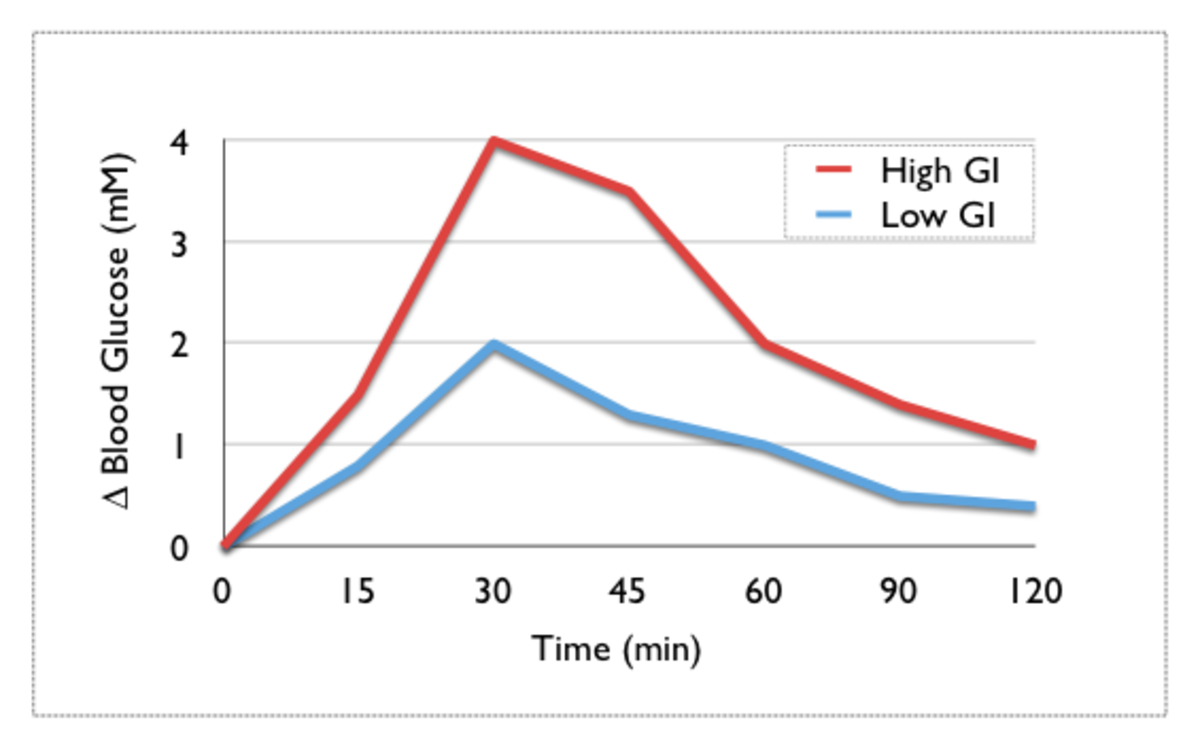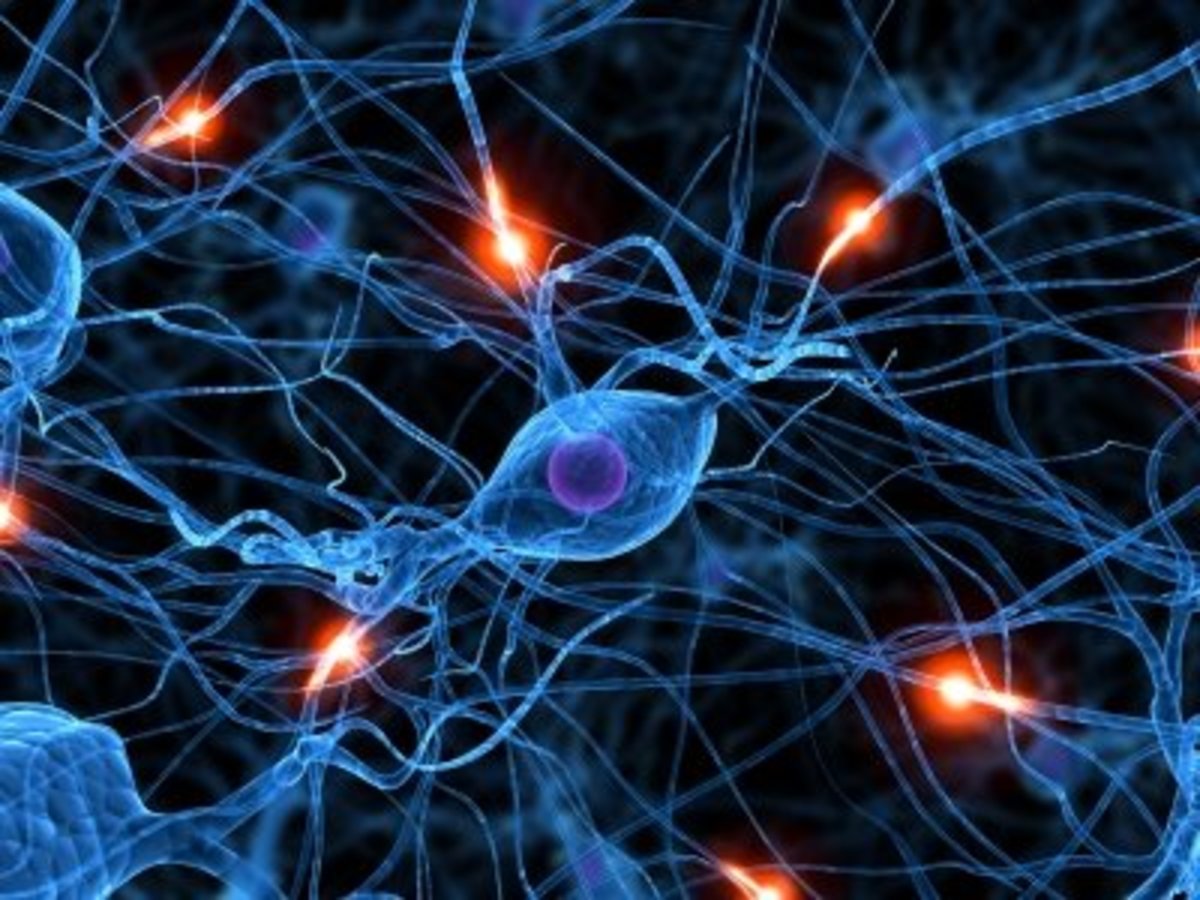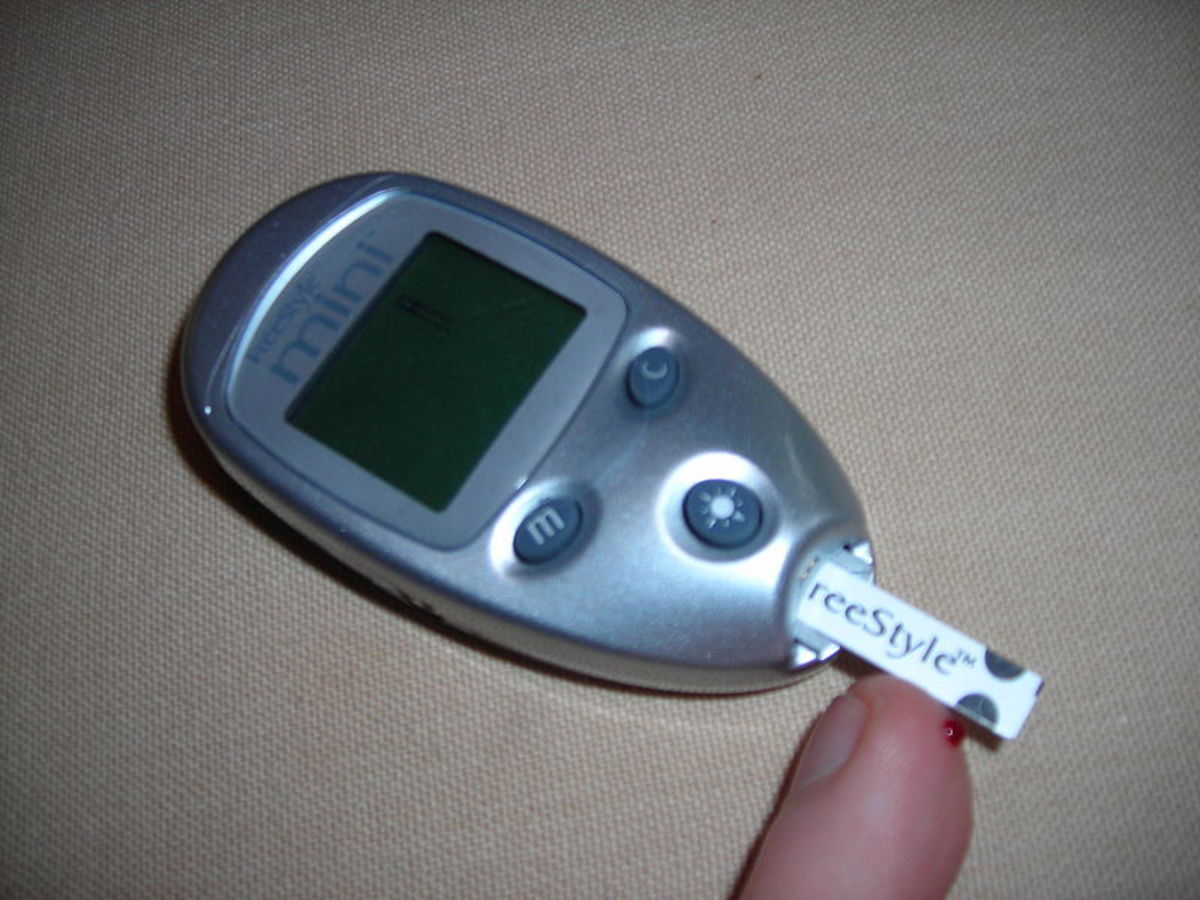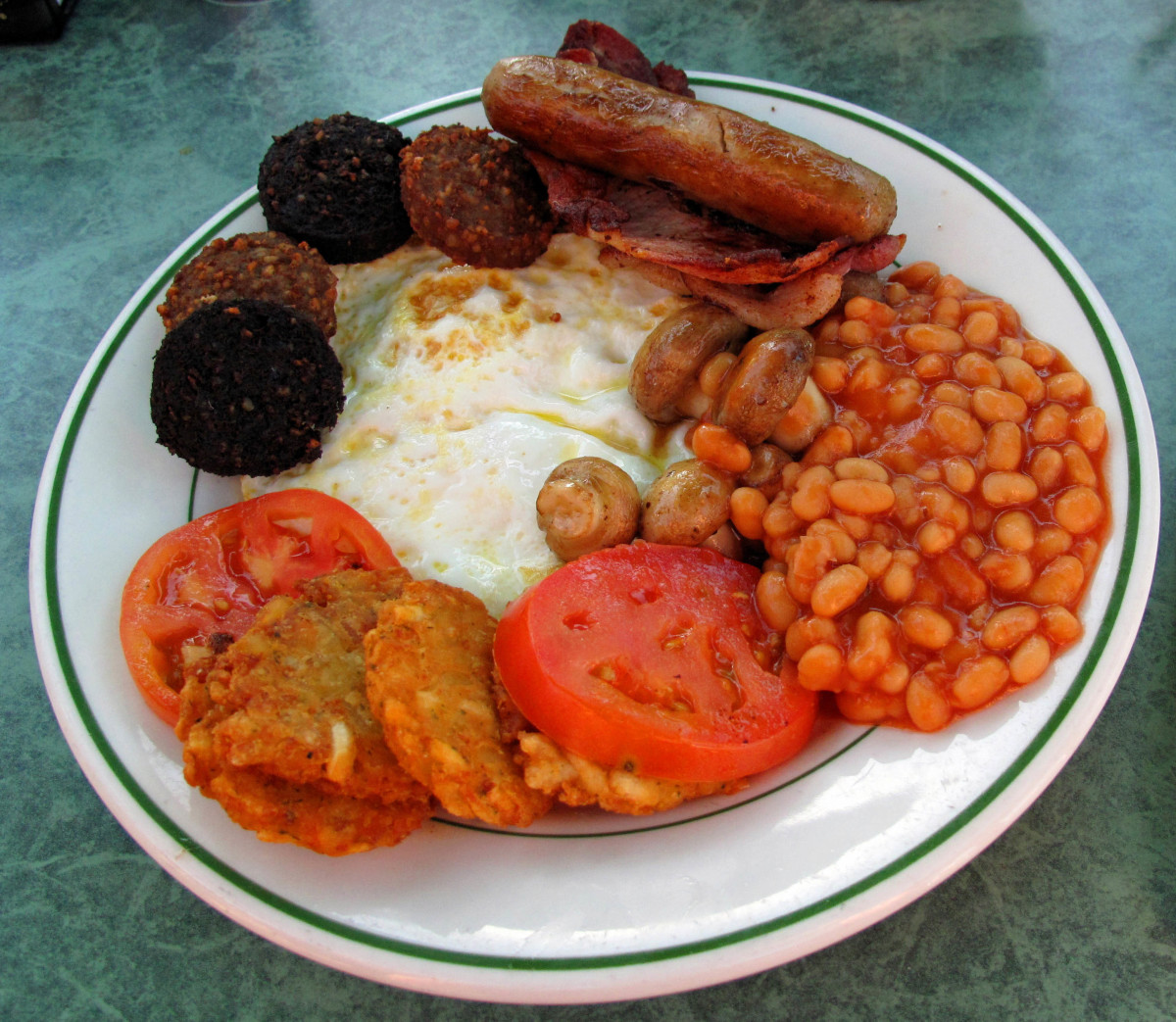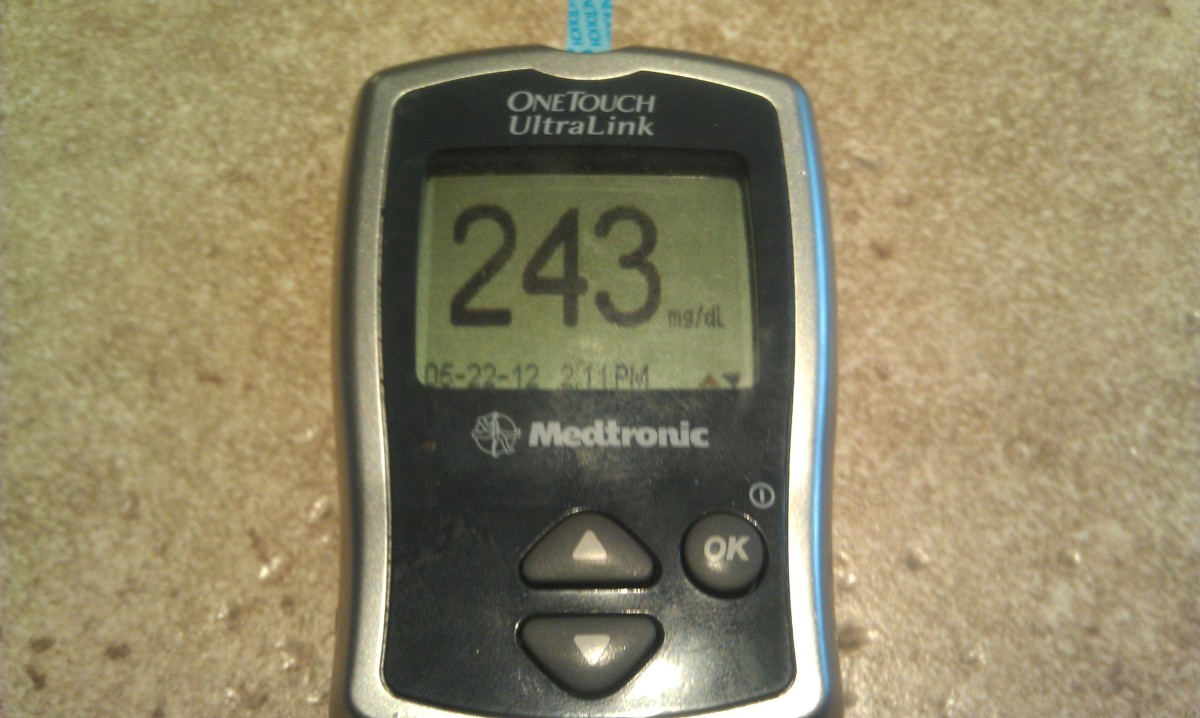Hypoglycemia---All in Your Head?
Sugar Shock
Part of being human is going through changing moods--especially if you're a woman. What you might not know is those ups and downs can be pushed higher or lower depending upon what you eat.
When one mentions hypoglycemia, perhaps what comes to mind is shaking and sweating due to abnormally low blood sugar. But what about anxiety, aggression, heart palpitations, OCD, and even paranoia? Believe it or not, all of these symptoms can be attributed to either abnormally low blood sugar, a too rapid change in blood sugar, or a flat glucose tolerance curve.
An optimal fasting glucose level is around 85, although the normal range is considered 70-99. Between 100 and 125 is a prediabetic range, and anything over 126 is considered the benchmark for Type II diabetes. However, a range isn't always the best indicator of feeling good or belng healthy. Fasting glucose below 85 can cause early morning dizziness and feeling anxious or unwell. A glucose level below 70 after eating or one that never rises at all (called a flat glucose tolerance curve) after eating are both indicators that something is wrong with your glucose metabolism.
After one eats, blood sugar typically rises at a gradual rate and then declines little by little over a matter of about 4 or 5 hours. If your blood sugar spikes (ex. going from 80 to 160) in a matter of minutes and then falls--either back to 80 or below it--in a short amount of time, you might feel emotionally unstable, aggressive, nervous, prone to crying, paranoid, clammy, shaky, and/or nauseous. You may even rapidly develop a headache. Your brain functions on adequate supplies of oxygen, neurotransmitters, and glucose. Starving your brain of any of these results in psychiatric and/or physical maladies.
So what causes these rapid fluctuations in blood sugar? First of all, pancreatic malfunction is one cause of hypoglycemia. The pancreas is supposed to produce insulin, a hormone which keeps blood sugar levels in check. However, too much insulin causes blood sugar to fall too rapidly OR never allows it rise to sufficient levels for optimal brain health. Beta cell dysfunction is one cause of too rapid insulin output, as is a pancreatic tumor called an insulinoma. Both of these conditions, however, seem to be the exception rather than the rule. A diet filled with simple carbohydrates/sugars gradually wears out the pancreatic cells and causes hypersecretion of insulin. Overproduction of insulin--especially high fasting insulin--causes weight gain.
In addition to a diet high in processed foods and simple sugars, hormones also play a role in glucose metabolism. Estrogen and progesterone levels that are too high or too low, either as a result of natural ovarian production of exogenous hormone supplementation (HRT or the Pill) can wreak havoc with insulin levels. Estrogen causes cells to become more responsive to insulin, so optimal levels of estrogen will assist in glucose metabolism. However, estrogen levels that are too high result in the body storing water and fat in the typically female areas (breasts, hips, and thighs). Low progesterone can then affect thyroid levels, slowing down metabolism, and progesterone levels that are high (as a result of the Pill, supplements, or pregnancy) cause the blood sugar levels to rise and cells to become insulin resistant, thereby forcing the pancreas to produce more insulin to counteract this. Hypersecretion of insulin can cause the traumatic symptoms of hypoglycemia. PMS mood swings and mood swings of pregnancy are caused by the ebb and flow of hormones, and a much tighter control of diet will help during these times.
A diet high in low-fat protein such as fish and poultry, as well as leafy greens will help hyperinsulinemia and thus, hypoglycemia. Believe it or not, too much fruit in your diet can make hypoglycemia worse. A Paleo diet is the absolute best for managing blood glucose metabolism problems AND the best for weight loss. *Little known facts---dairy products interfere with hormone optimization AND cause overproduction of insulin. MSG, an additive in many foods, causes THREE TIMES the production of insulin! And sucralose, aspartame, and saccharin trick the body into thinking it has eaten sugar which results in a outpouring of insulin WITHOUT the sugar to back it up. Instant hypoglycemic nightmare.*
Moderate daily exercise--simply walking for an hour--will also improve insulin sensitivity, as well as cardiovascular health. And finally, restoring and balancing hormones will definitely improve hypogycemia and its accompanying psychiatric symptoms. Changing one's diet automatically causes an improvement in hormonal balance. Exercise causes an improvement in hormonal balance. And for those of you, like me, whose bodies are just exhausted and never produced normal quantities of hormones, bioidentical hormone restoration could be the final key in making hypoglycemia a distant memory. Now that's food for thought.
I wish you good luck and good health.

